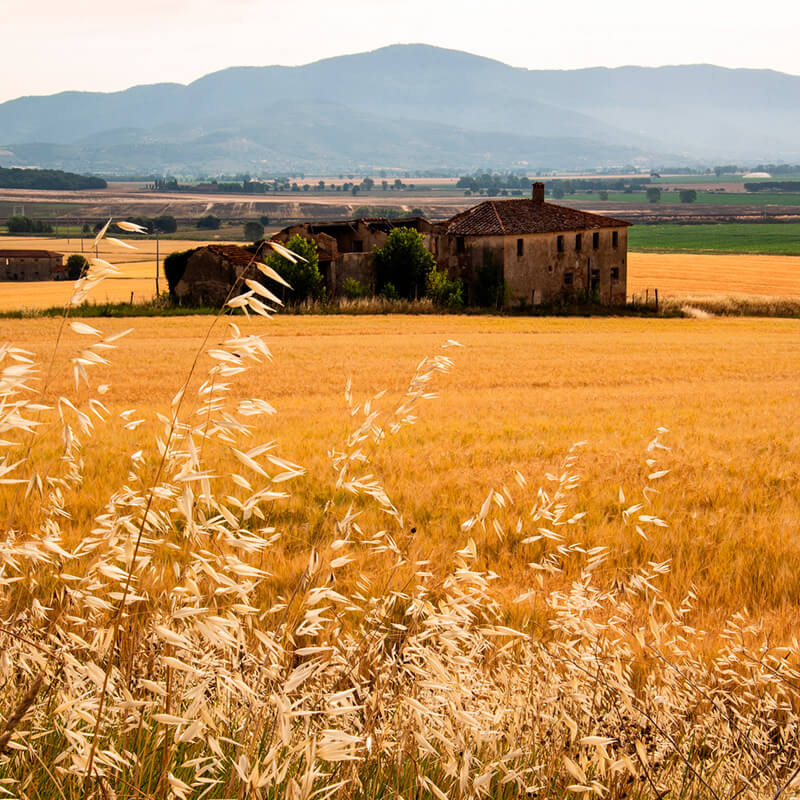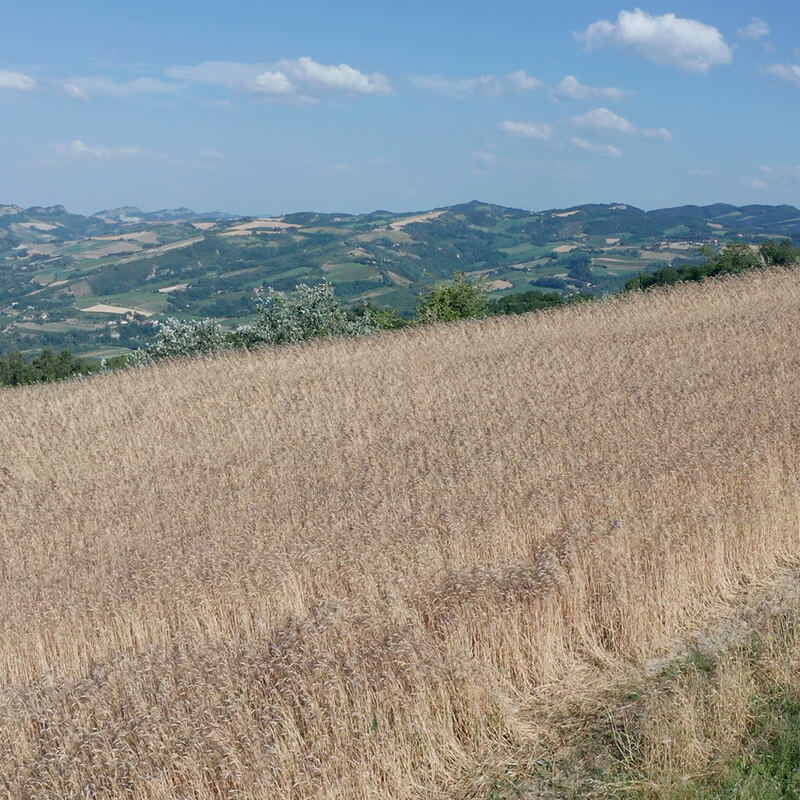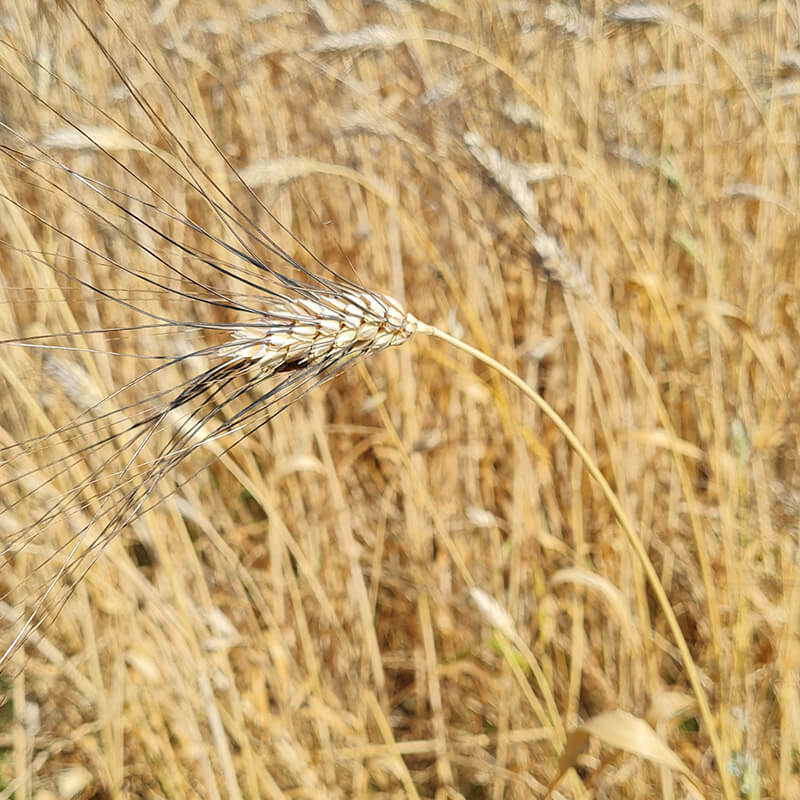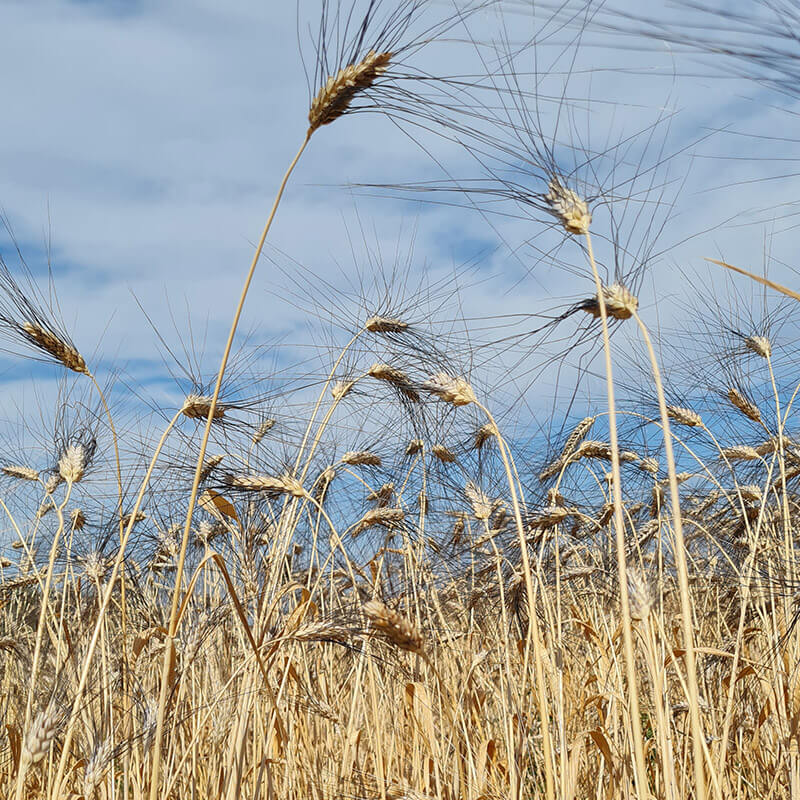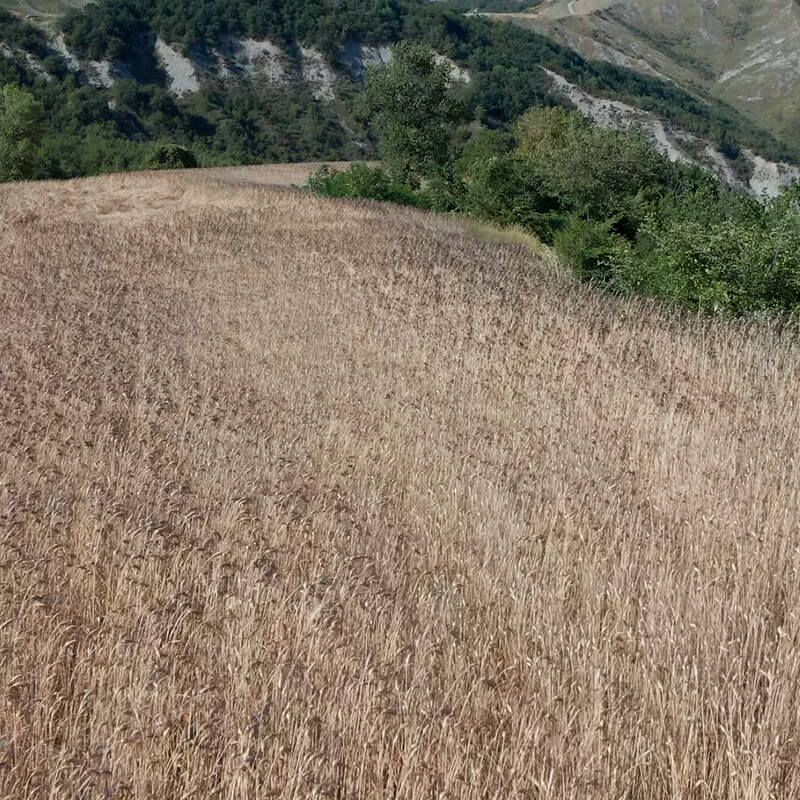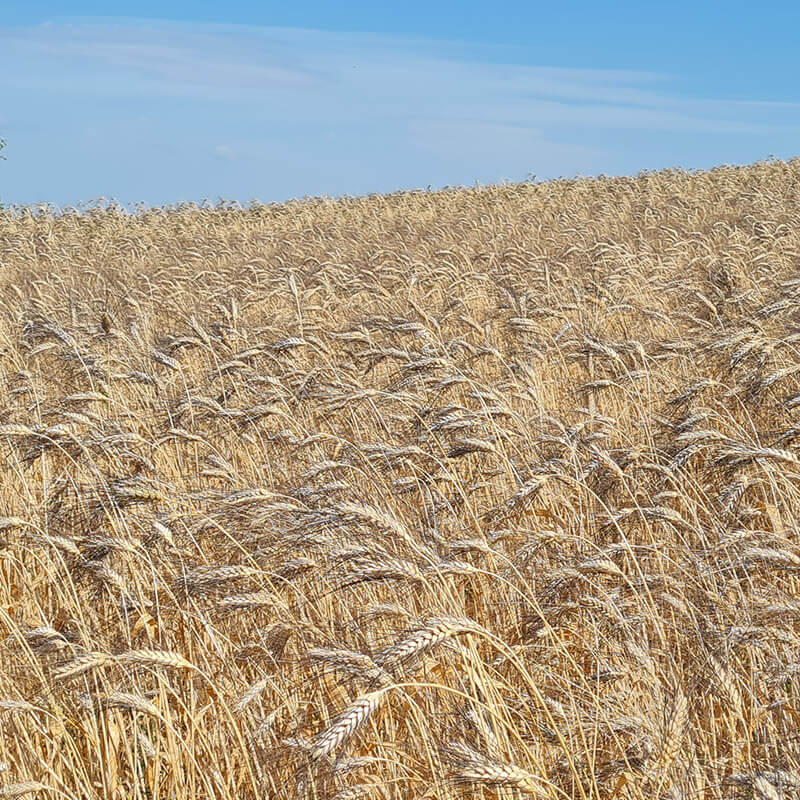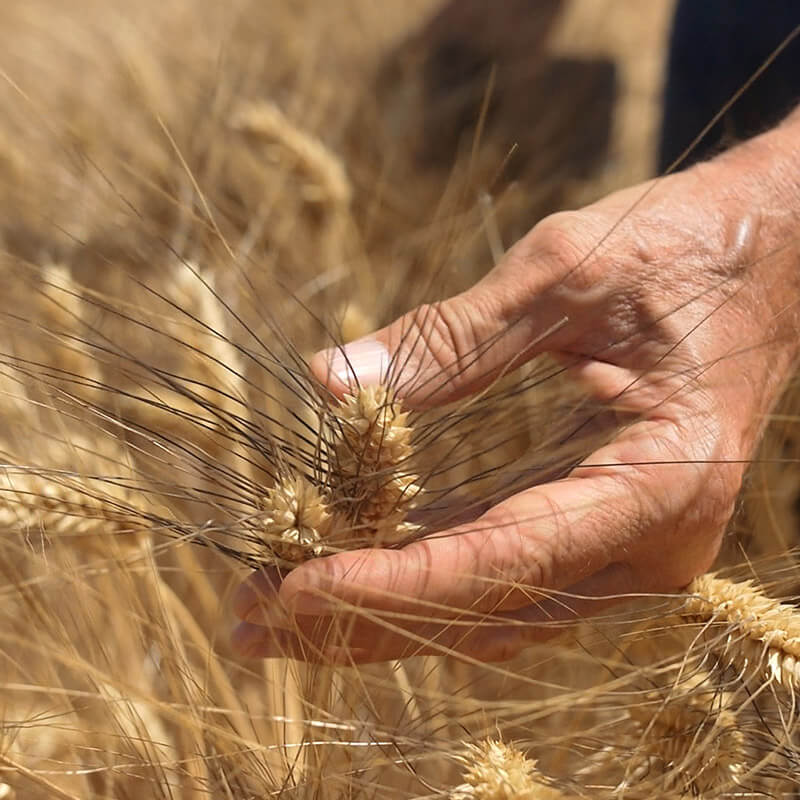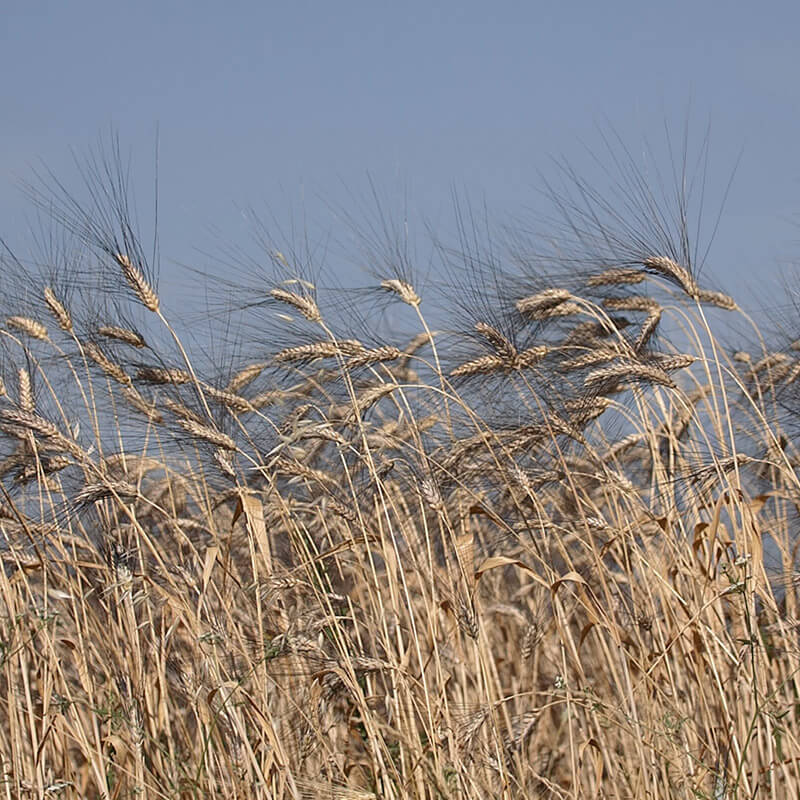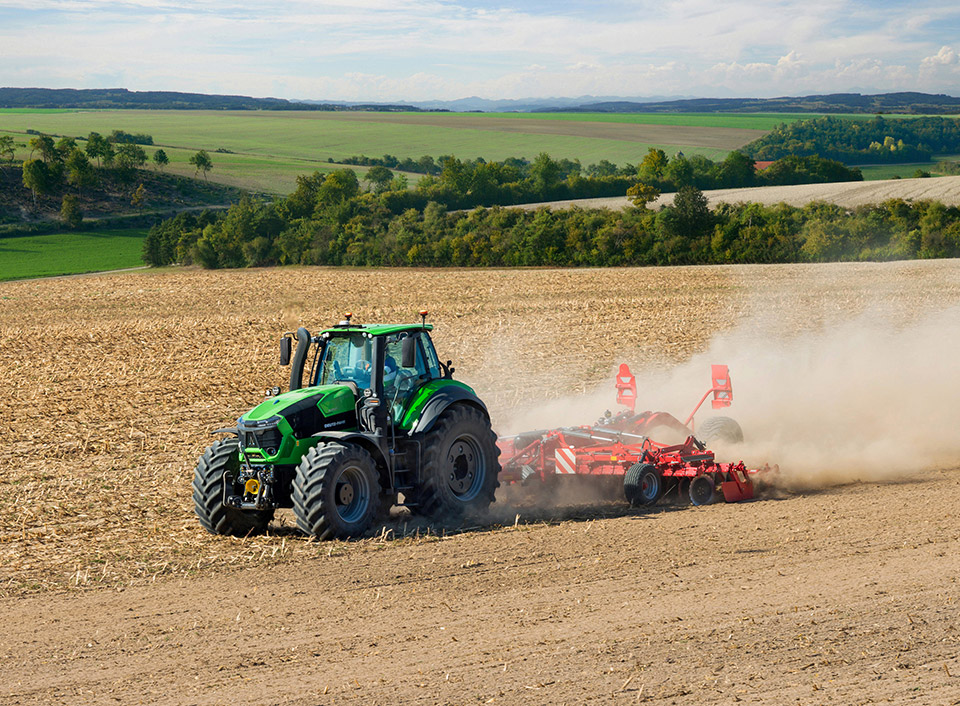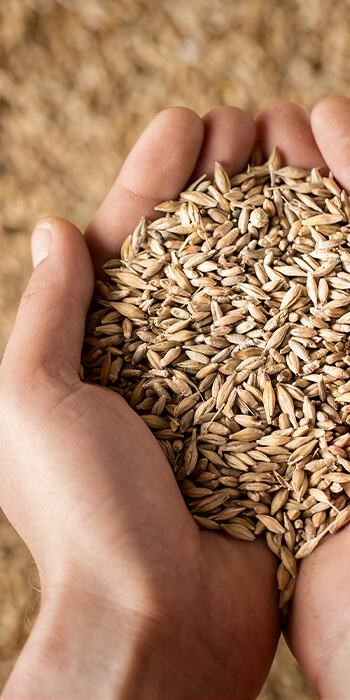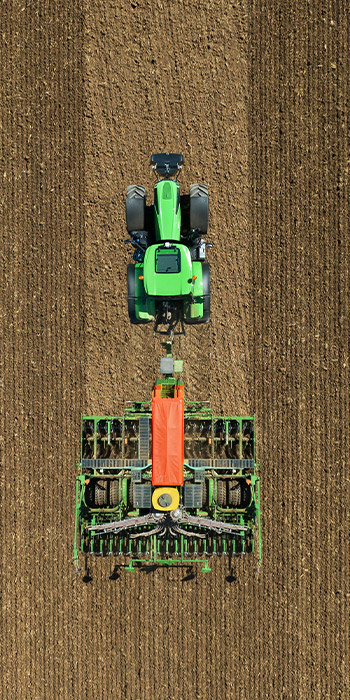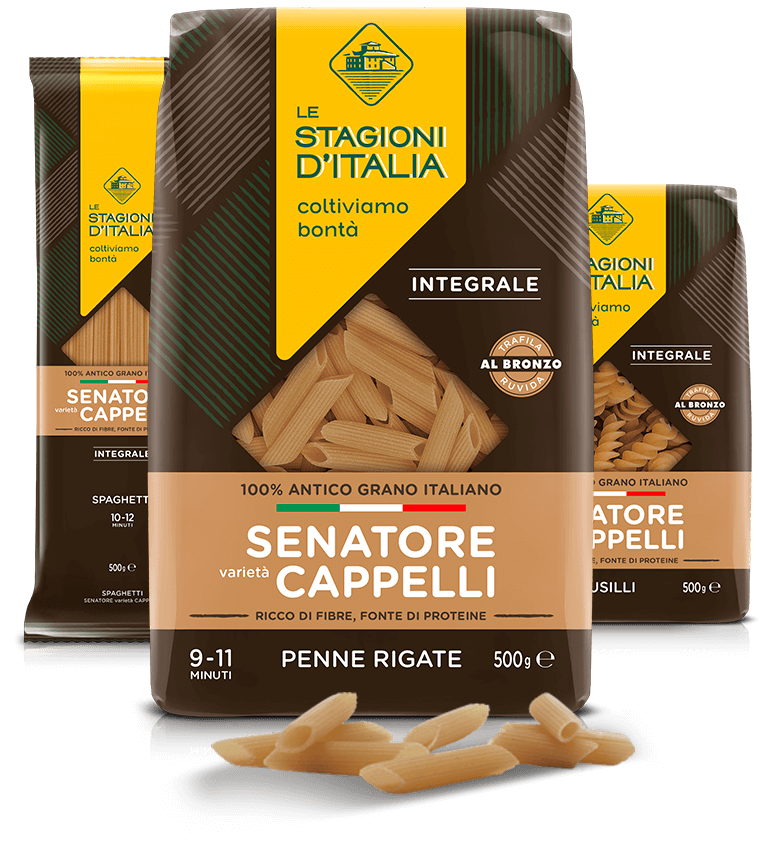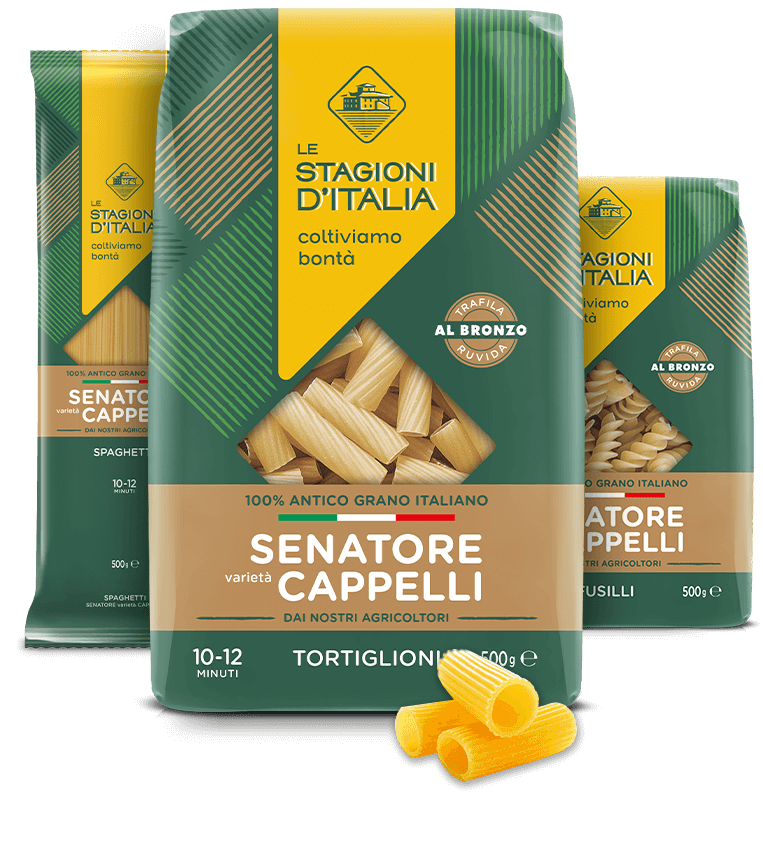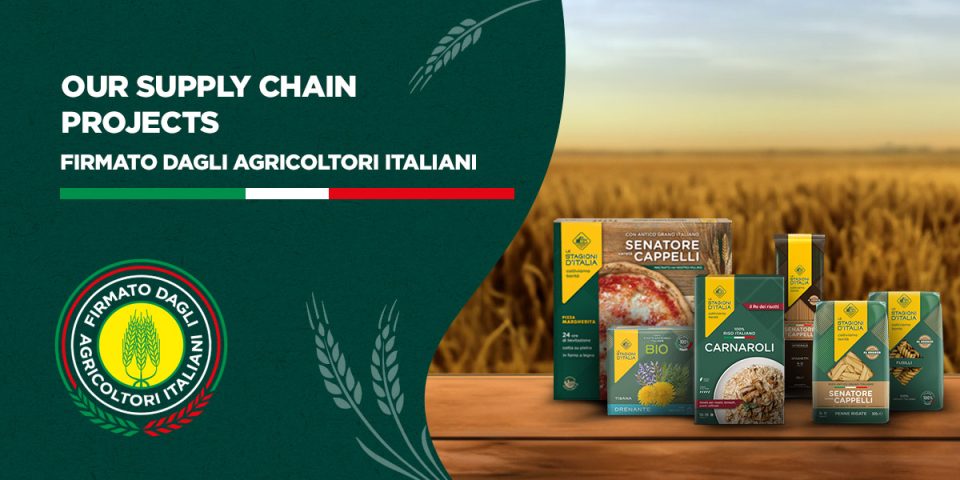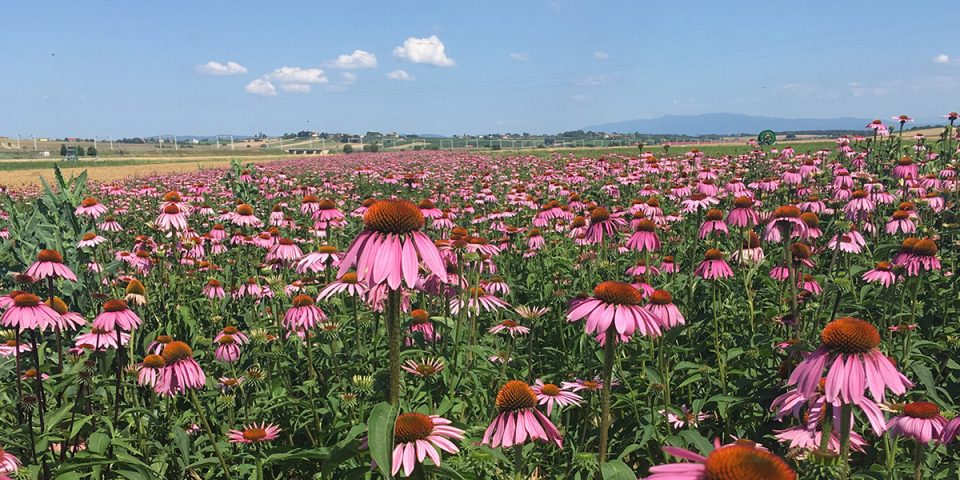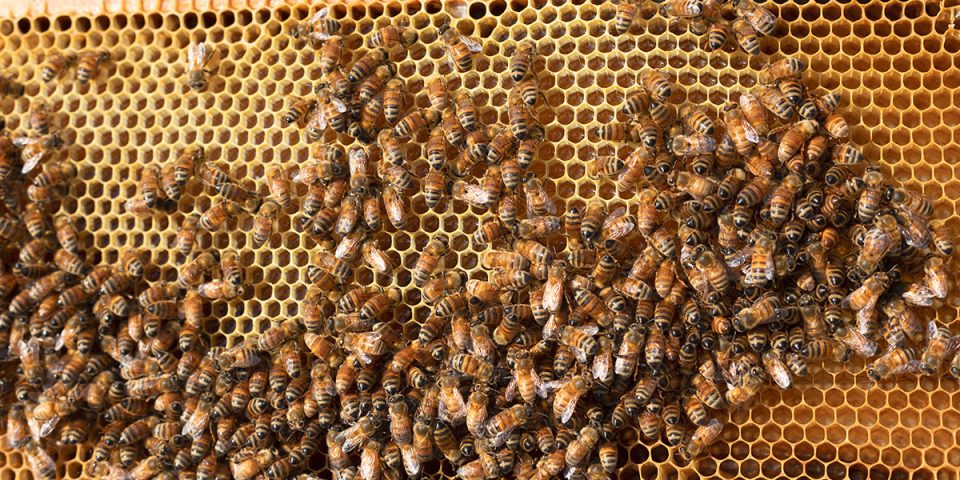The flavour of an ancient excellence
Up until the sixties, Cappelli was the most widespread durum wheat variety in Italy, before it was replaced by more productive wheats with greater yields per hectare, thereby risking extinction. But the flavour and excellent organoleptic and nutrition properties that made this the king of Italian durum wheat varieties... they could not be allowed to disappear! Taking the bold step of recuperating it, Le Stagioni d’Italia has helped to raise awareness of this wheat, together with rediscovery of an important piece of our gastronomic identity.
Cappelli wheat is unique and it stands proud thanks to its tall golden ears, which reach a height of 1.8 metres when ripe, decorated with its characteristic black moustache that makes it unmistakable.
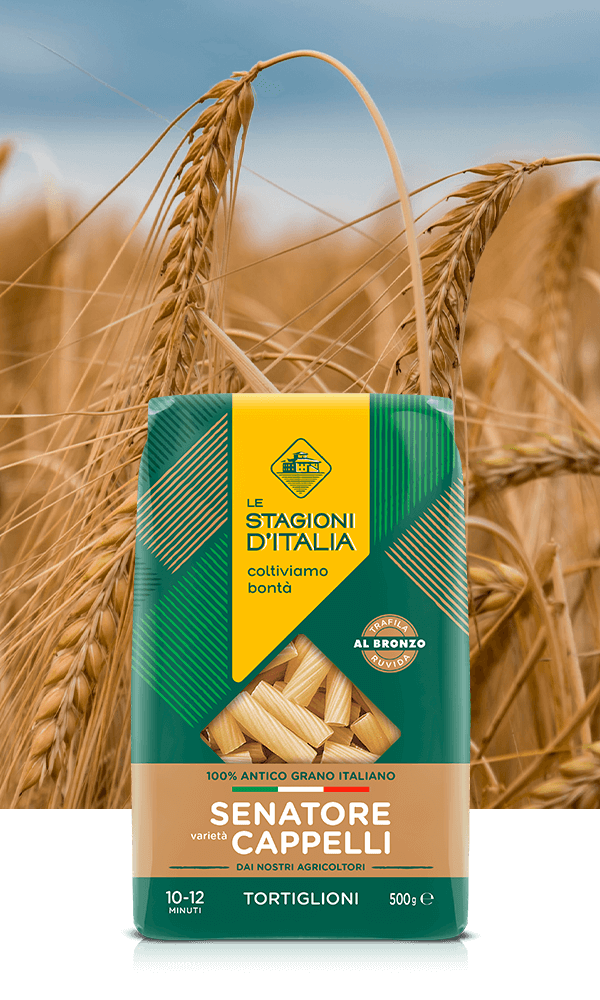
A true gift
of nature.
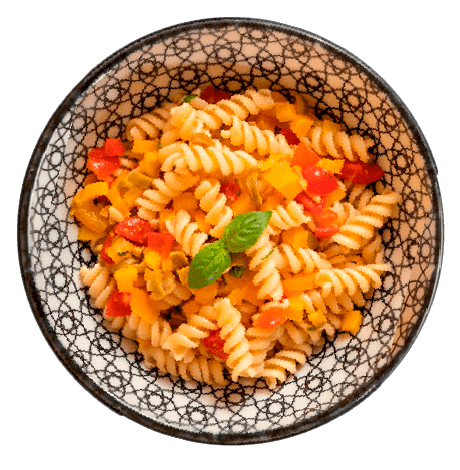
Very easy to digest
Cappelli wheat has very tall ears and very deep roots that reach down to the dampest, most fertile layers in the soil, the richest in nutritional elements. It is a natural source of fibre and protein, in fact boasting a protein value of 15%, compared to an average of 12% for pasta made with modern wheat, thus giving the pasta a very balanced nutrition profile. What's more, as revealed by a recent study by the Fondazione Policlinico Gemelli, thanks to its excellent nutrition properties, it is a wheat particularly suitable even for those who are hyper-sensitive to gluten or suffer from IBS. A true gift from nature.
Selected guaranteed seed for pasta with excellent organoleptic properties
Another important certainty: for our past we use 100% Cappelli durum wheat grown from selected SIS-certified seed. Only certified seed guarantees that all the organoleptic and nutrition properties of Cappelli wheat remain unaltered.
Our pasta has good cooking resistance because the high protein content of the wheat means it holds onto its starch and stays firm. All you need to do is taste it!
Such an old variety of wheat as this one, a symbol of tradition and biodiversity, can be considered the father of Italian durum wheats, because its mutations or hybrids are what have generated many of today’s varieties.



